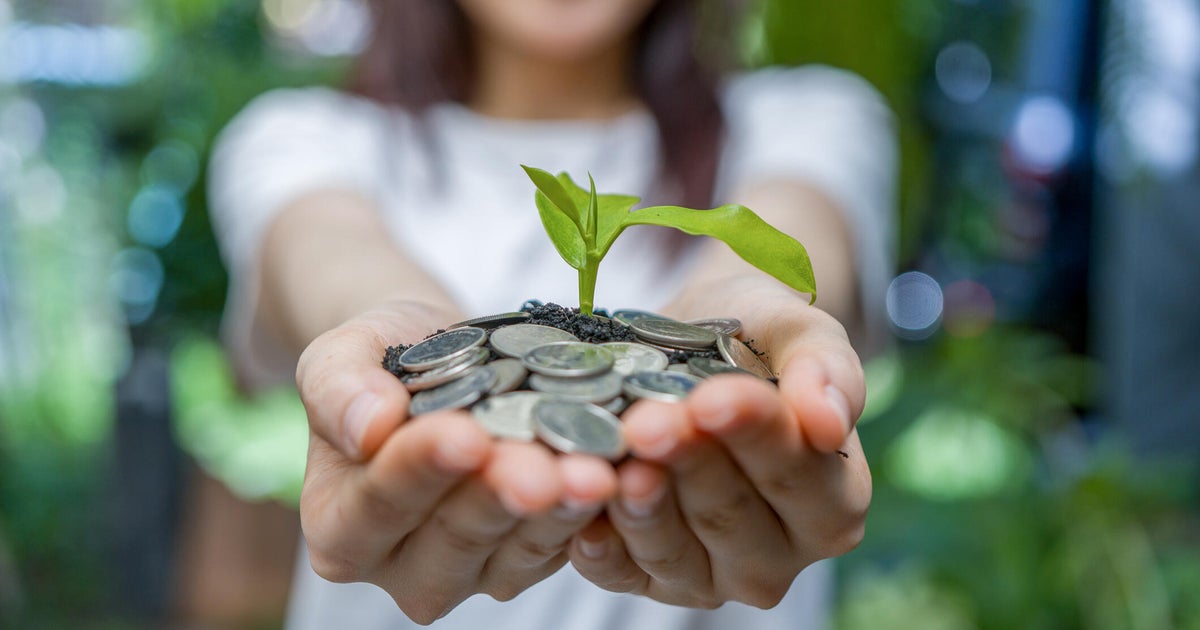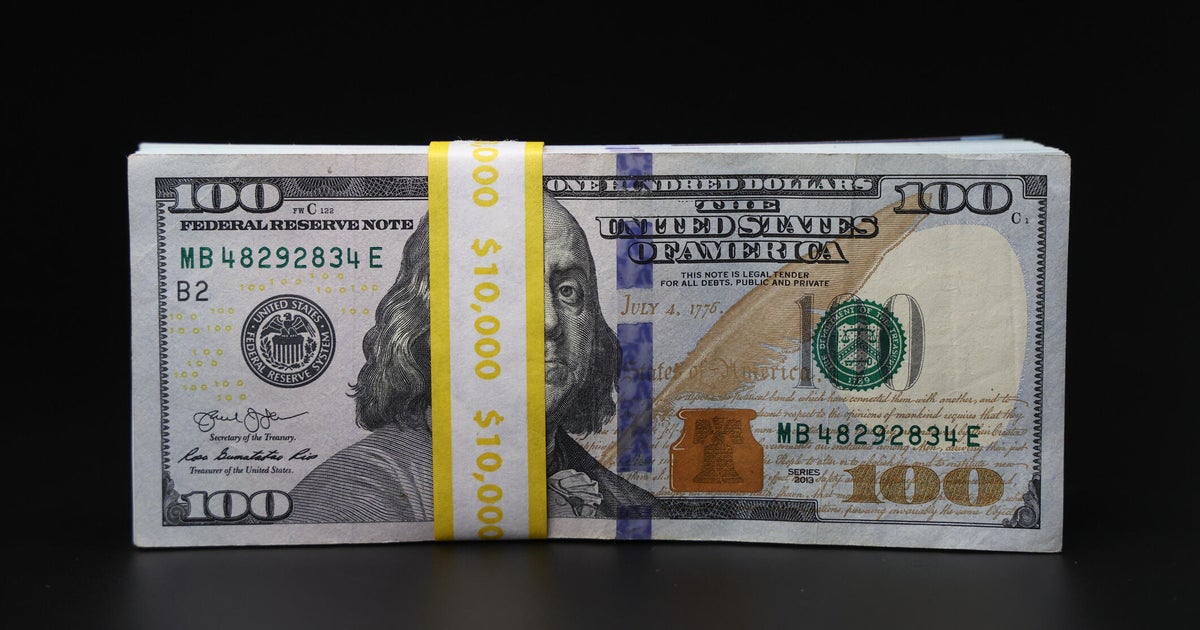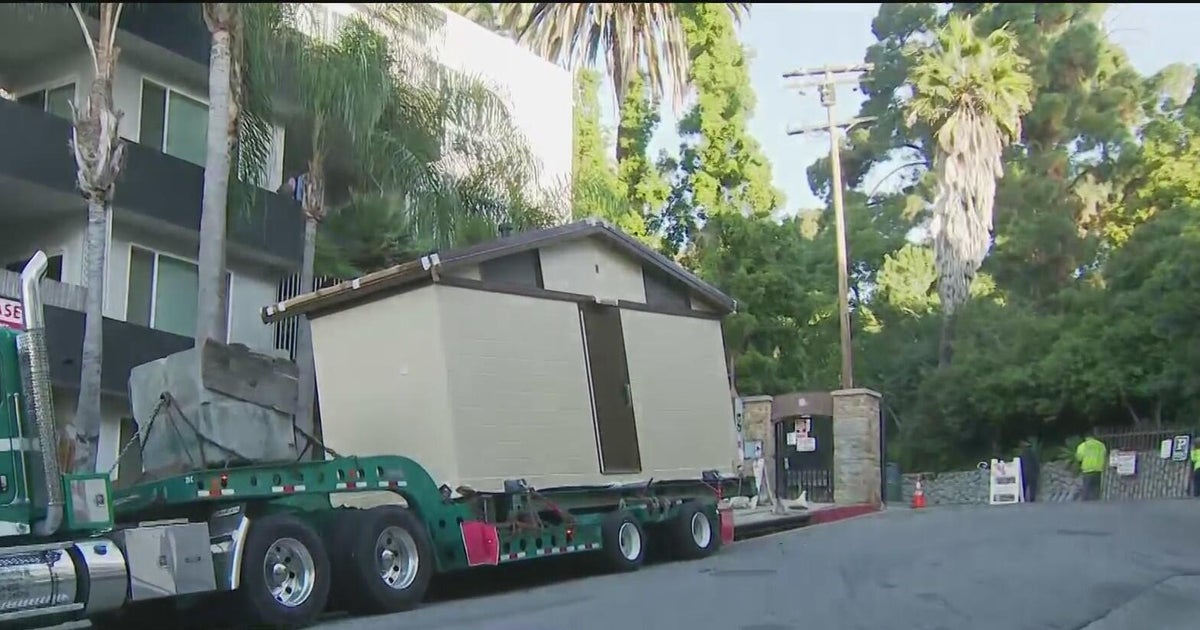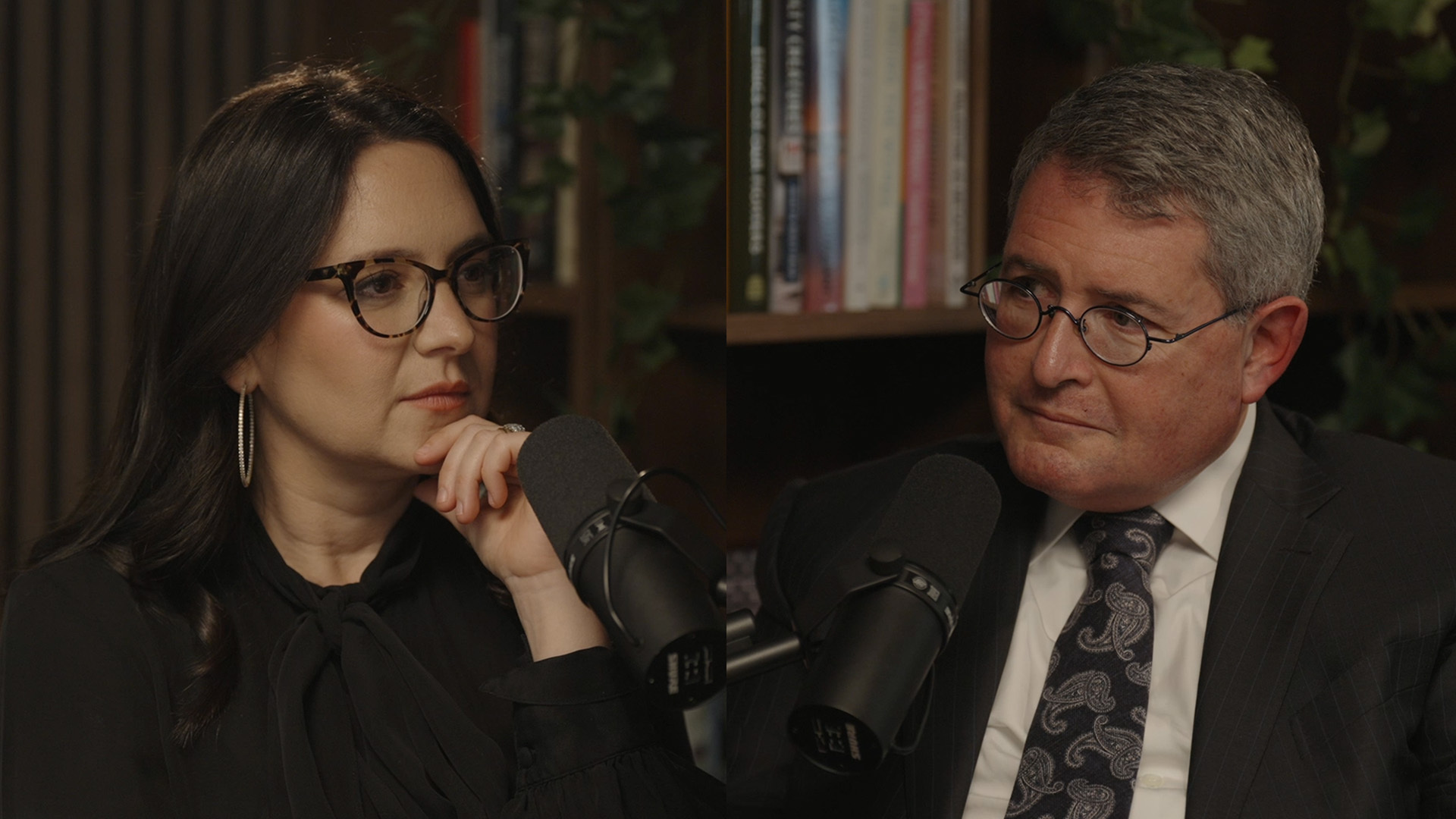Is a high-yield savings account safe?
High-yield savings accounts can help you keep your money secure while putting a little more in your pocket with interest earnings. But after the swift collapse of Silicon Valley Bank and Signature Bank in New York earlier this year, the safety of your money within any bank account may now be top of mind.
Rest assured, high-yield savings accounts from insured banks and credit unions are some of the safest places to keep your money — as a type of deposit account, your high-yield savings account is insured (up to limits), not subject to any market volatility and easily accessible.
There are a few different ways high-yield savings accounts protect your money. You can see how much more you could be earning with a high-yield account here now.
Is a high-yield savings account safe?
Here are three primary reasons why high-yield savings accounts are safe to keep your money in.
FDIC Insurance
Before you put your money in any type of deposit account with a bank, confirm that your account is insured by the Federal Deposit Insurance Corporation (FDIC).
If your bank is FDIC-insured, coverage is automatically applied to eligible contributions you make into deposit accounts, including savings accounts, checking accounts, CDs and money market deposit accounts.
You'll be covered for up to $250,000 per bank for each category of deposit account. In other words, you could deposit up to $250,000 in a high-yield savings account in one bank and an additional $100,000 in a high-yield savings account with a second bank, and the entire amount will remain insured. If you deposited the $350,000 in full into one single account, though, only up to $250,000 may be covered.
FDIC insurance protects your money against bank failure, and also covers any interest you earn on the account. If you're considering a savings account with a credit union, you should ensure the financial institution you choose is insured by the National Credit Union Administration (NCUA), which offers similar coverage.
Explore different options and current rates that may work for your savings goals here.
Lack of market volatility
Unlike investment accounts — which can gain or lose value depending on market fluctuations — high-yield savings accounts are deposit accounts.
The return you get on the principal balance you put into the account may be lower over time, but you won't take on much risk.
One thing that can vary over time with your high-yield savings account is the interest rate. These accounts earn variable interest rates which are tied to the federal funds rate. When the Federal Reserve decides to move its target federal funds rate range up or down, your high-yield savings account interest rate may move alongside.
That means the rate you open your account at today may not be what you earn six months or a year from now. It may be higher or lower depending on what the Fed decides in the future. Your principal, however, won't be affected by the market volatility.
Flexible access to your funds
If you're ever concerned about the safety of your money or you need quick access in a financial emergency, another benefit of a high-yield savings account is that you can typically take out your money anytime you want.
Other accounts often require waiting periods — whether it's the end of a CD account term or the eligible withdrawal period some long-term investment accounts require.
Until 2020, the Fed did restrict the number of withdrawals or transfers you could make from an account like a high-yield savings account to six per month under Regulation D. The Fed suspended that rule indefinitely in 2020, but some banks and financial institutions may still enforce their own withdrawal limits. Make sure you read the fine print so you don't take on any fees for withdrawing your money.
Learn more about flexible, competitive high-yield accounts you can open now.
The bottom line
High-yield savings accounts are among the safest options available today for storing your savings.
As long as you stay aware of all the details of your individual account and FDIC requirements — including depositing under $250,000 per bank and account type and keeping up with changing interest rates — you can keep your money safe and benefit from a growing balance over time.




